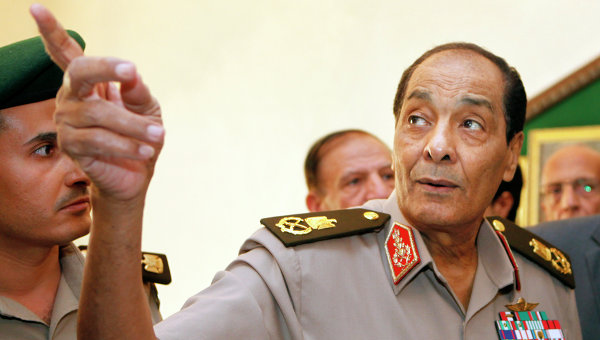Egypt’s massive investment in infrastructure over the past decade has been crucial in attracting $11bn in foreign direct investment to the Suez Canal Economic Zone (SCZONE), Prime Minister Mostafa Madbouly said on Sunday.
Speaking at the end of a tour of Suez governorate, Madbouly said that without these infrastructure projects, SCZONE would not have been able to attract investment for more than 340 industrial and logistical projects that have provided 80,000 jobs.
His comments came during a visit to the DP World logistics zone, where he was accompanied by Sultan Ahmed bin Sulayem, the chairman and CEO of the Dubai-based ports operator. Madbouly quoted bin Sulayem as saying that the infrastructure development achieved in Egypt over the last ten years surpasses what was done in the previous 50 years.
“This is state-building, this is how countries are built, this is the way of development,” Madbouly said in televised remarks. “Without this large expenditure on infrastructure, we would not have attracted international groups and companies to come, compete, and race to establish factories here.”
He noted that the number of factories in SCZONE has grown from 43 about three and a half years ago to 180 today, with another 120 under construction.
Madbouly began his day-long tour by inaugurating a major project at Misr Petroleum Company, which he said would increase Egypt’s production capacity of various petroleum products and reduce reliance on imports.
He then visited a women’s and children’s health hospital, part of the country’s new universal health insurance system. “All governorates that have joined the system are receiving the highest level of service at a completely symbolic cost,” he said, stressing the state’s determination to accelerate the rollout of the system nationwide.
The prime minister’s tour also included a surprise visit to a primary school and a visit to the new Suez National University, which opened its doors for the first time this year to 1,600 students.
Madbouly highlighted the significant expansion of higher education in the country, noting that the number of universities has grown from 50 to 132 in the past decade under President Abdel Fattah al-Sisi’s leadership.
“This is a response to what is always said about health and education,” he said, affirming that the state is making significant strides in these two vital areas, which require huge investments but are expected to yield long-term returns.




